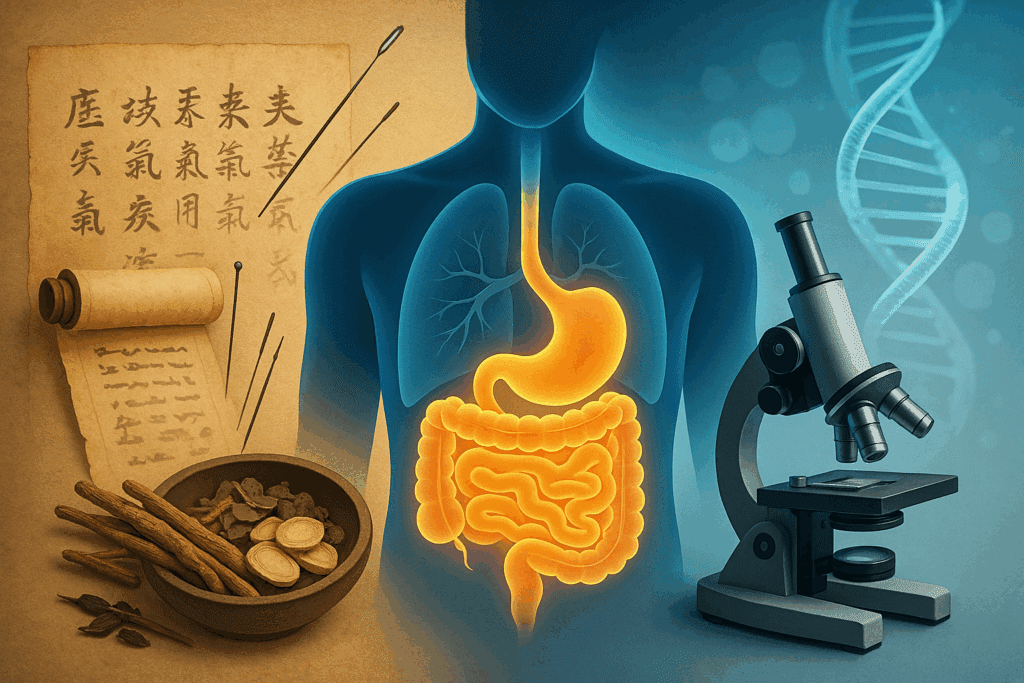For decades, western medicine has downplayed the relationship between the gut and the body as a whole, but in the 21st century, science is finally catching up with traditional knowledge.
It turns out that the ancients were right all along, and a varied diet rich in fermented foods and plant fiber is a crucial component for long-term health.
If you want your body to be resilient to a variety of challenges, and if you hope to remain healthy and active for a long and happy life, pursuing gut health is by far the most widely effective strategy that will improve every aspect of your vitality.
Ancient Knowledge: History of Gut Health
For thousands of years, from tribal societies to the most glorious civilizations, the wise have chosen their foods to provide their gut biome with a variety of different fibers and types of nourishment.
Every known culture had traditional fermented foods, and many relied heavily on a wide range of vegetables, fruits and seeds.
This way of eating provided their gut with all the fuel it needed to reduce inflammation, nourish the body’s tissues and provide incredible benefits like mood boosting hormones and detoxification.
While the ancients would not have described the benefits of a healthy gut the same way we discuss it today, there were many who advocated for a healthy and balanced diet, and observed that those who abandoned this way of life and of eating in favor of a more luxurious and rich diet would often pay with their health.
Modern Proof: The Science of Gut Health
We now know that many of the truths the ancients pursued instinctively are actually rooted in provable, reproducible scientific principles.
We know that a gut fed on too much sugar and too little fiber will be quickly overpopulated with less beneficial bacteria.
We can see that the effect of harmful bacteria and yeasts on the body include widespread inflammation, poor nutrient absorption and a self-perpetuating cycle of more and more destructive eating habits.
On the other hand, we can also see that adding probiotic-rich fermented foods to the diet—alongside nourishing fiber from fruits, vegetables, whole grains and seeds—can reverse the effects of imbalanced intestinal flora.
There is even promising research about certain gut bacteria producing hormones that signal the brain to be happier—chemicals like oxytocin and dopamine.
A New Trajectory: Your Journey to Gut Health Begins Today
If you feel that you have a growing list of ailments that are making your life more difficult, consider whether more medications are really the answer.
Maybe it is time to take some thought to the microbiome of your digestive tract instead of going to the pharmacy for more pills.
Gut health is a delicate balance, influenced by diet, exercise and rest; so pursue new habits and find the way to start improving your inner balance today.
Frequently Asked Questions
What foods are best for gut health?
Foods high in fiber and fermented foods like yogurt, sauerkraut, kimchi, kefir, and kombucha support gut health.
Can improving gut health boost my mood?
Yes. Certain gut bacteria help produce mood-related chemicals like serotonin and dopamine, which influence mental well-being.
Is gut health linked to inflammation?
Yes. A poor gut microbiome can trigger systemic inflammation, while a balanced one helps reduce it.





